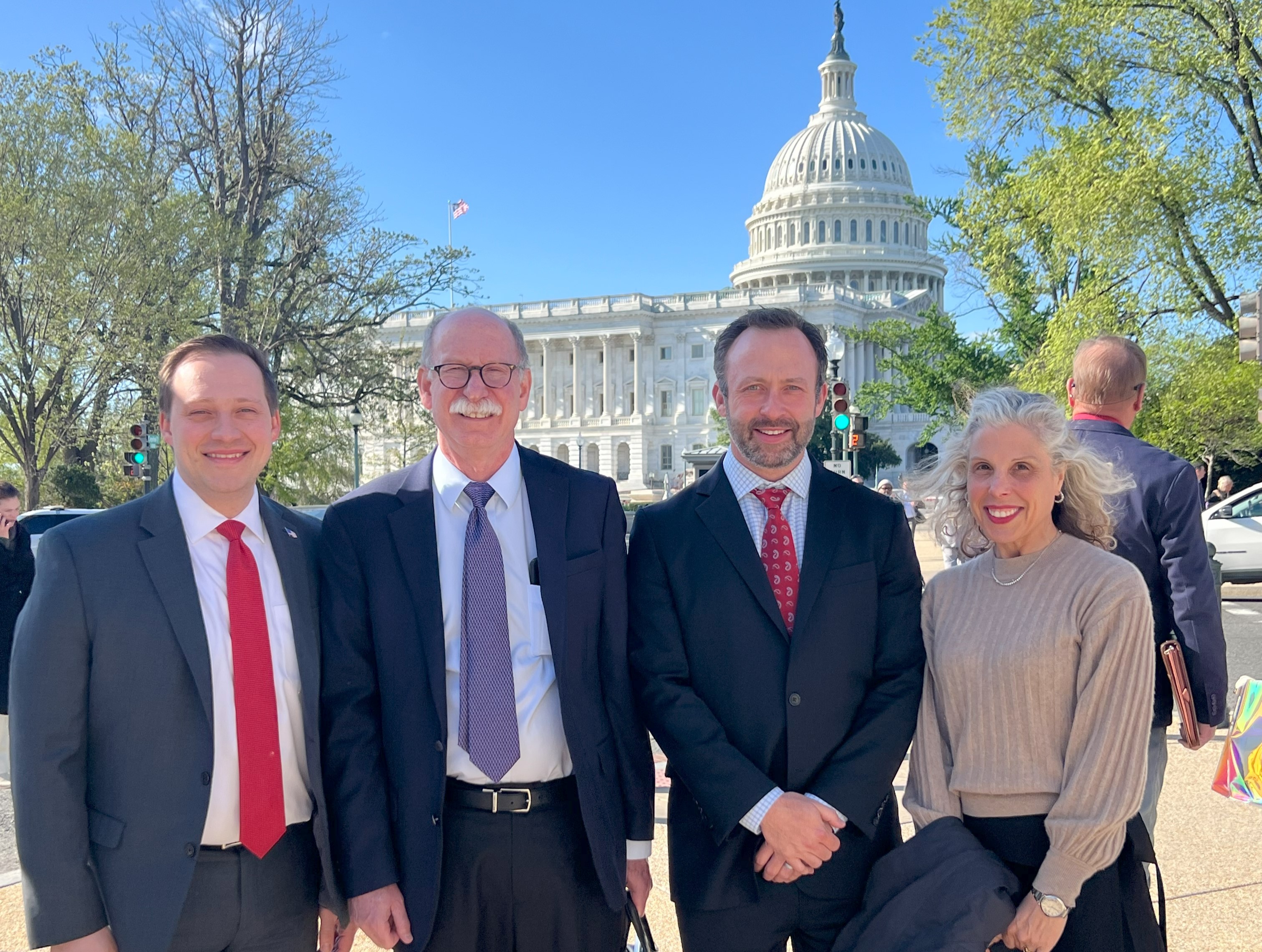LUGPA Policy Update: Prior Authorization ReformFeb. 2025 Prior authorization continues to be a significant barrier to timely care. A recent AMA survey revealed that 94% of physicians reported PA resulting in care delays, with 78% stating it could even lead to the abandonment of treatment. The process not only frustrates providers but also impacts patient outcomes and contributes to unnecessary costs, such as additional office visits, unplanned hospital stays, and out-of-pocket expenses for patients. The administrative burden associated with PA also plays a role in physician burnout. For specialty care providers, including urologists, this delay in care can be particularly detrimental. LUGPA has consistently advocated for reforms to reduce PA requirements, arguing that they create unnecessary obstacles to patient care and impose undue administrative burdens on healthcare providers. One example of the increased use of PA is in Medicare Advantage (MA). Medicare Advantage insurers processed nearly 50 million prior authorization (PA) requests in 2023, driven by growing MA enrollment. A Kaiser Family Foundation analysis found the average MA enrollee faced nearly two PA determinations last year, similar to pre-pandemic levels. In contrast, traditional Medicare processed fewer than 400,000 PA requests, as it requires prior authorization for fewer services. MA enrollment rose from 22 million in 2019 to 31 million in 2023, fueling the increase in PA requests. While MA denial rates dropped slightly to 6.4% in 2023, traditional Medicare had a much higher denial rate of 28.8%, despite far fewer PA requests overall. LUGPA’s Advocacy on Prior Authorization Reform In May 2024, LUGPA submitted feedback to the Centers for Medicare & Medicaid Services (CMS) to support reforms aimed at improving the PA process in Medicare Advantage. LUGPA’s key recommendations include:
H.R. 639: A Legislative Step Forward The issue of PA reform is gaining momentum at the federal level. On January 22, 2025, Rep. Jefferson Van Drew (R-NJ) introduced H.R. 639, which seeks to eliminate PA requirements, utilization management techniques, and medical necessity reviews within group health plans and federal healthcare programs. The bill aims to reduce the administrative burdens on healthcare providers and improve patient access to necessary care. Additional bills reforming PA are expected in 2025 and LUGPA will keep you informed on any new developments. Supporters of PA reform argue unnecessarily delays care and interferes with medical decision-making, while critics, including insurance companies, worry that removing PA could increase healthcare costs and reduce oversight of treatments. As the debate continues, LUGPA remains committed to advocating for policies that reduce the burden of prior authorization, streamline the process for providers, and ensure that patients receive timely, appropriate care. Conclusion Prior authorization reform is a top priority for LUGPA. We continue to support efforts, such as H.R. 639 and the Improving Seniors' Timely Access to Care Act from the previous legislative session, to reduce the barriers created by PA. By improving transparency, reducing delays, and easing the administrative burden, these reforms will help ensure that patients, particularly those in specialty fields like urology, can access the care they need when they need it. LUGPA will continue to work with lawmakers to create a healthcare system where unnecessary administrative hurdles no longer stand in the way of quality patient care.
|




